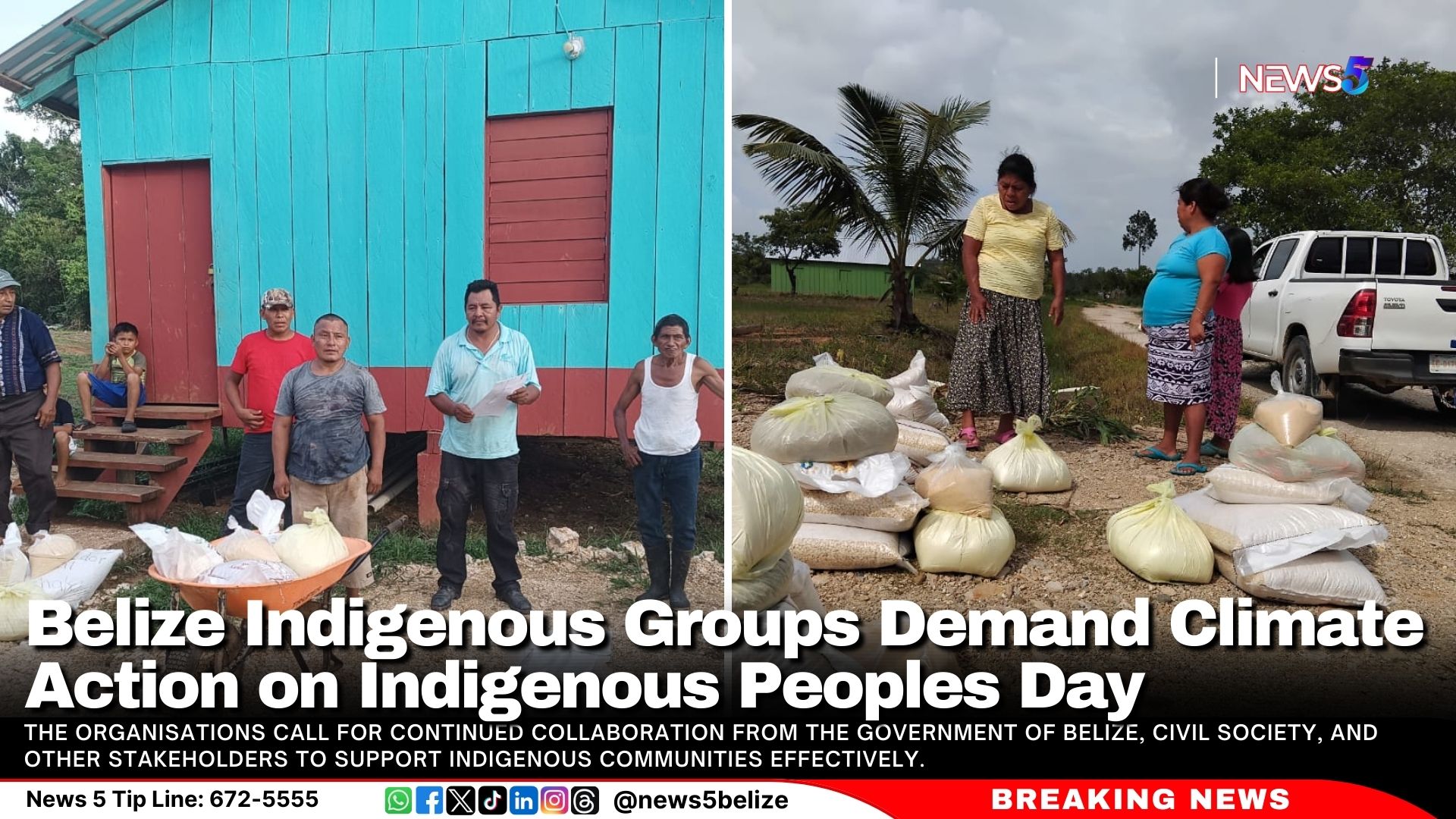On International Day of the World’s Indigenous Peoples, August 9, 2024, the Toledo Alcaldes Association and the Julian Cho Society have highlighted the resilience and contributions of Belize’s Indigenous communities. This year’s observance focuses on the Maya Q’eqchi, Mopan, Yucatec, and Garifuna Peoples, along with their organisations under the Belize National Indigenous Council (BENIC).
An official statement addressed the severe impacts of climate change on Indigenous communities in southern Belize. Recent forest fires in the Toledo and Cayo Districts, resulting in $8.4 million in damages, have disproportionately affected the Maya communities, despite their minimal contribution to climate change.
The Julian Cho Society and the Toledo Alcaldes Association launched a comprehensive relief initiative, which includes distributing 78,500 pounds of food, planting materials, and rebuilding three homes destroyed by the fires.
The organisations call for continued collaboration from the Government of Belize, civil society, and other stakeholders to support Indigenous communities effectively. They advocate for adherence to international standards, including the United Nations Declaration on the Rights of Indigenous Peoples (UNDRIP), to ensure no one is left behind.
